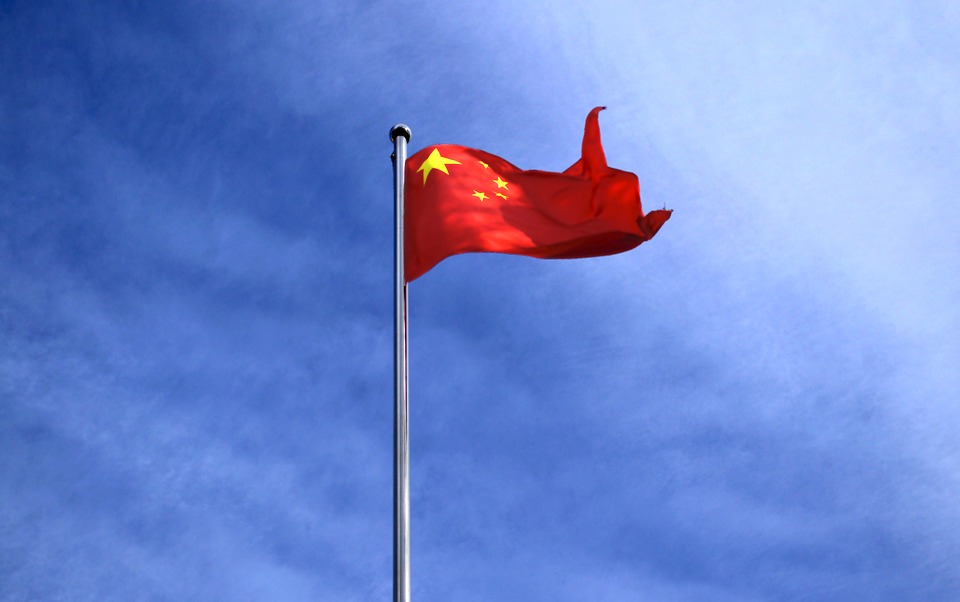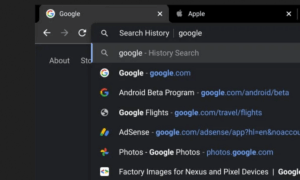There’s been a lot of talk about Google’s work on the censored search engine for China which the company is developing in collaboration with the country’s government – a lot of talk from the press and the Google employees and even the White House, that is. Because Google has kept silent about it all these months, until now.
During the Wired 25 summit, Google CEO Sundar Pichai finally spoke out about the search engine, dubbed project ‘Dragonfly’, and stated that the project’s development is going ‘very well’. He even insisted that the search engine is actually a way “to provide information to everyone, and [China is] 20 percent of the world’s population.”
What he means by that is that Google can deliver higher-quality information better than any other source available to the Chinese people – cancer treatment information for example, which Google could deliver more accurately than the ‘fake’ information they might get from somewhere else.
Pichai did stress on the fact that the decision to continue working on the search engine weighs heavy on the company.
“People don’t understand fully, but you’re always balancing a set of values, in every new country,” Pichai said “But we also follow the rule of law in every country.”
Google had initially pulled out its search engine from China years ago, exactly because of the oppressive censorship rules the country is notorious for. But in time, according to Pichai, Google reevaluated that choice and decided to take the plunge once again.
“It’s a wonderful, innovative market. We wanted to learn what it would look like if we were in China, so that’s what we built internally. Given how important the market is and how many users there are, we feel obliged to think hard about this problem and take a longer-term view.”
– Sundar Pichai
Even so, the Google employees are still protesting the project, deeming it ‘unethical’. The company already gave up on another project earlier this month – their spot in the bidding war for the Joint Enterprise Defense Initiative, but Pichai states that the employee feedback was not the reason they backed away from the bid. Though not stated openly, the fact that Amazon is a front-runner for the project must have acted as a deterrent as well.
Nonetheless, Pichai said their work with the military is not over, by a long shot. The company will continue to work in branches like cyber-security, transportation, logistics and other areas they are qualified to operate in.
Follow TechTheLead on Google News to get the news first.

























